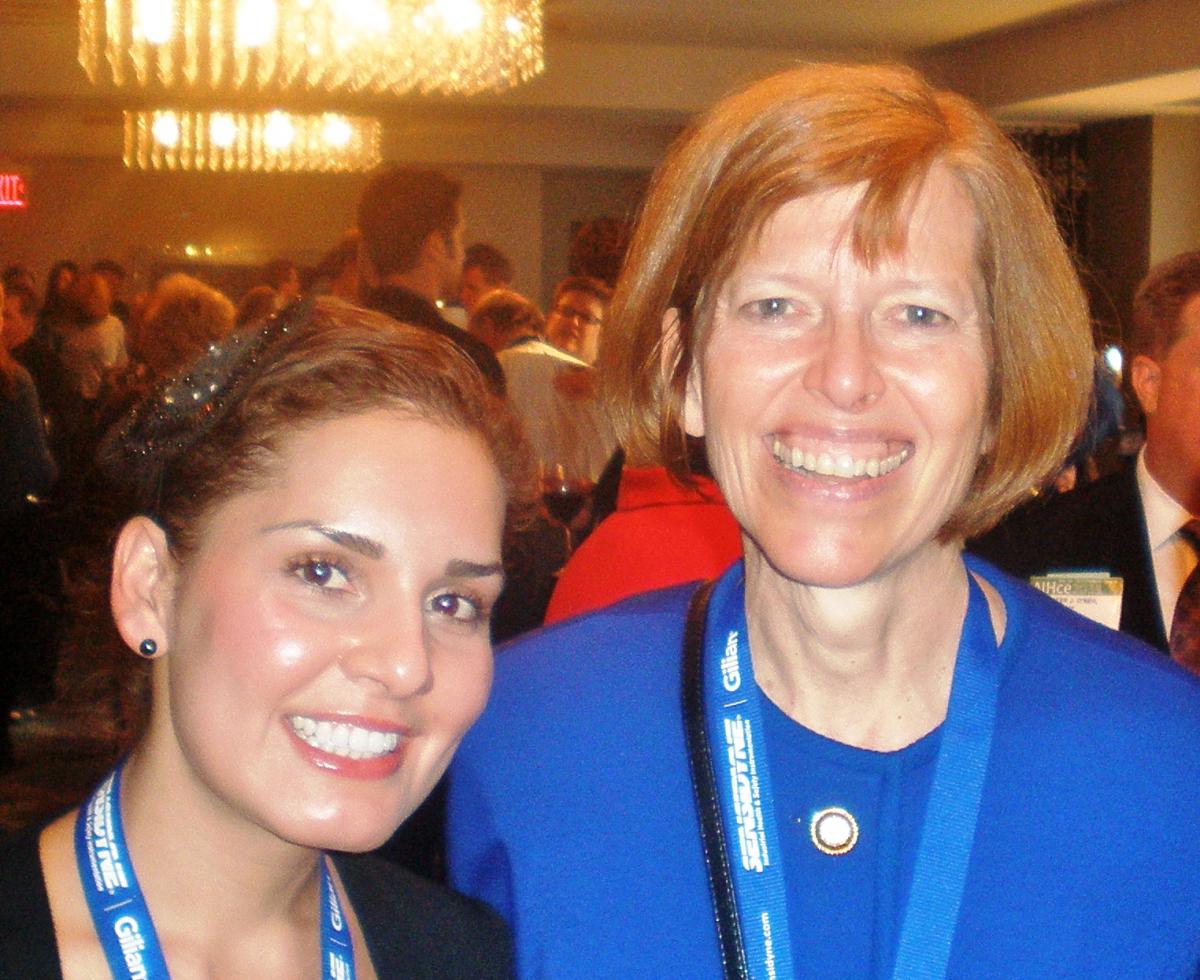Students on the Move in Public Health
Public health graduate students Shannon E. Newton, Julie A. Tippens and Cassandra Porchas from the University of Arizona Mel and Enid Zuckerman College of Public Health are recipients of grants and a scholarship award totaling $33,500. Their projects range from studying the health effects of exposure to ultrafine particles and nanoparticles in the workplace, working with the Somali Bantu refugee population in Tucson, Arizona and a scholarship from the American Industrial Hygiene Foundation.
 |
Shannon E. Newton, MPH, CIH, is the recipient of a $21,000 grant to study ultrafine particles and nanoparticle exposures within the workplace and the potential for toxicity in humans. Newton is a PhD student in the Environmental and Occupational Health program. She is also Program Manager of Mining Research at the Zuckerman College of Public Health.
Ultrafine particles are produced in many industrial and environmental situations. Newton's study will help to define previously unstudied areas with respect to occupational exposure to ultrafine particles during solar panel production. Other industries where ultrafine particulates are generated or nanoparticles are used include industries incorporating biodiesel in replacement of petroleum diesel fuel, drug discovery and manufacturing companies for example, where an individual is responsible for spray coating or cleaning parts, the cosmetic manufacturing industry and food industry.
“This research will potentially help the solar industry and other industries where ultrafine and nanoparticles are generated. By measuring the concentration of ultrafine particles and nanoparticles in different work places we can track exposure levels in humans," explains Newton.
Funding for her research is part of the Pilot Project Research Training Program of the Southern California National Institute for Occupational Safety and Health (NIOSH) Education and Research Center (SCERC).
 |
| Julie A. Tippens, MA, MPH |
Julie A. Tippens, MA, MPH, is the recipient of a one-year, $10,000 Dean’s Mini Grant to work with the Somali Bantu refugee population in Tucson, Arizona. Tippens is a doctoral student in Health Policy and Management at the Zuckerman College of Public Health.
The impact of past exposure to trauma, long-term refugee camp stays, forced migration by war on poor mental health outcomes is well documented. Despite this, there is little research that explores the ways in which displaced populations develop culturally significant coping strategies and networks to facilitate community healing.
By engaging in research that builds upon the inherent strengths of refugee communities, Julie hopes that her findings will have broader impacts related to the development of programs and policies that aim to promote a positive sense of cultural identity and healthy integration among individuals whose prior supportive networks have been forcibly severed by war.
 |
| (L to R) Cassandra Porchas and Elizabeth L. Pullen, CIH, President of the American Industrial Hygiene Association. |
Cassandra Porchas is the recipient of a $2,500 scholarship from the American Industrial Hygiene Foundation (AIHF). She will graduate in December with a master of public health in Environmental and Occupational Health.
Each year at the annual American Industrial Hygiene Conference and Exposition the AIHF awards a few scholarships to outstanding graduate students in Industrial Hygiene. Students from any of the more than two dozen Industrial Hygiene Programs across the U.S. can apply.
Porchas’ advisor is Terry Stobbe, MS, an associate professor of public health in the community, environment and policy division of the college.

